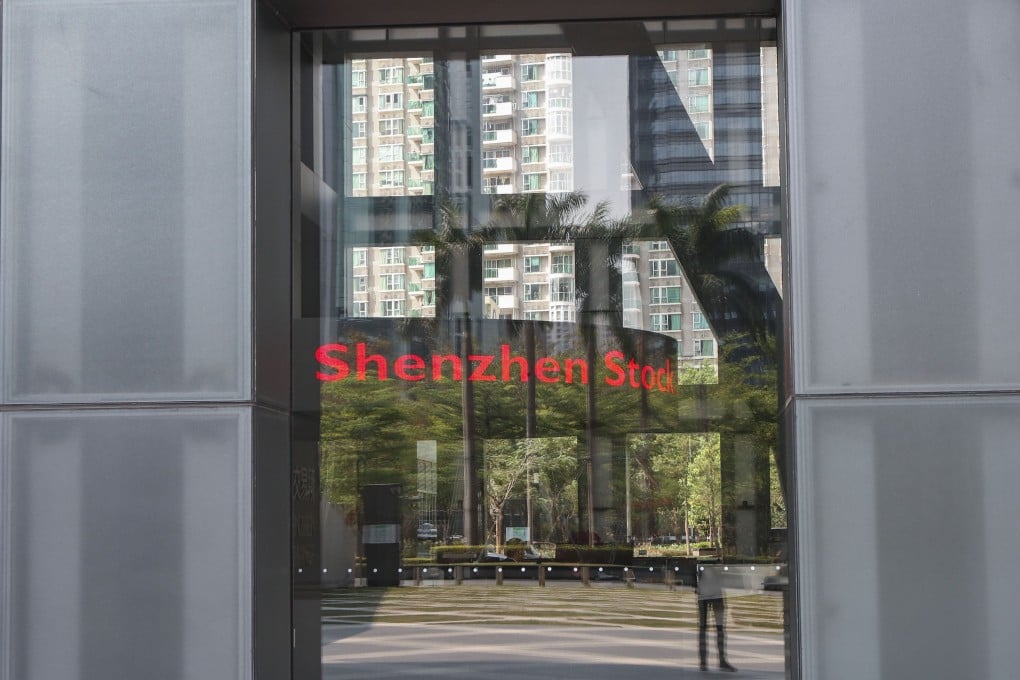Opinion | Is China trying to replace Hong Kong with Shenzhen?
- With support from the former British colony, Shenzhen has grown from a sleepy fishing village to a centre for hi-technology
- Beijing-based analyst Zhang Lin considers the central government’s plan to make it a socialist model city

By that logic, a successful Shenzhen could put pressure on Hong Kong and serve as a reminder to the city that it must align its interests with the motherland if it wants to prosper. But that view neglects the true reasons underlying the rise of Shenzhen over the past four decades, from a fishing village to China’s most dynamic metropolis.
Late paramount leader Deng Xiaoping picked Shenzhen to be one of China’s new special economic zones in the early 1980s because of its proximity to Hong Kong. Its rise started by allowing investors from the opposite side of Sham Chung River – which separates the two cities – to open businesses there. By the following decade, Shenzhen had dispatched hundreds of municipal cadres to Hong Kong to learn how capitalism works.
For example, the first land auction in Shenzhen, in 1987, was a watershed moment that marked a breakthrough in China’s land management system and unleashed the country’s urbanisation in the following decades. That growth was aided by a group of Hong Kong advisers, including Leung Chun-ying. Leung, who served as Hong Kong chief executive between 2012 and 2017.
Shenzhen would not be the city we know today without the help of Hong Kong
Shenzhen would not be the city we know today without the help of Hong Kong.
The economic and political importance of Hong Kong for China’s mainland has decreased over the past 22 years as Beijing’s confidence in its own economic model has grown. China’s economy took off thanks to a surge in trade – aided by its entry into the World Trade Organisation – a low-cost but skilled labour force, and the widespread application of internet technologies. But Hong Kong did not reap any of the dividends.
